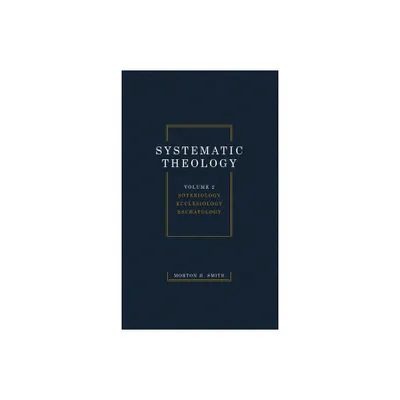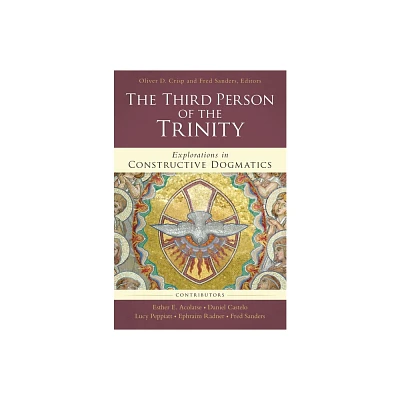Home
the Trinity History: A Theology of Divine Missions: Volume Two: Missions, Relations, and Persons
Loading Inventory...
Barnes and Noble
the Trinity History: A Theology of Divine Missions: Volume Two: Missions, Relations, and Persons
Current price: $90.00


Barnes and Noble
the Trinity History: A Theology of Divine Missions: Volume Two: Missions, Relations, and Persons
Current price: $90.00
Loading Inventory...
Size: Hardcover
*Product Information may vary - to confirm product availability, pricing, and additional information please contact Barnes and Noble
The second volume of Robert M. Doran’s magisterial
The Trinity in History
continues his exploration of the Trinitarian theology of Bernard Lonergan, focusing now on the notions of relations and persons and connecting the systematic proposals with the so-called "Third Quest for the Historical Jesus." Doran not only interprets Lonergan’s major work in Trinitarian theology and Christology but also suggests at least a twofold advance: a new version of the psychological analogy for understanding Trinitarian doctrine and a new starting point for the whole of systematic theology. He links these theological concerns with René Girard’s mimetic theory, proposes a theory of history based in Lonergan’s scale of values, and creates a link between exegetical and historical scholarship and systematic theology.
The Trinity in History
continues his exploration of the Trinitarian theology of Bernard Lonergan, focusing now on the notions of relations and persons and connecting the systematic proposals with the so-called "Third Quest for the Historical Jesus." Doran not only interprets Lonergan’s major work in Trinitarian theology and Christology but also suggests at least a twofold advance: a new version of the psychological analogy for understanding Trinitarian doctrine and a new starting point for the whole of systematic theology. He links these theological concerns with René Girard’s mimetic theory, proposes a theory of history based in Lonergan’s scale of values, and creates a link between exegetical and historical scholarship and systematic theology.

















